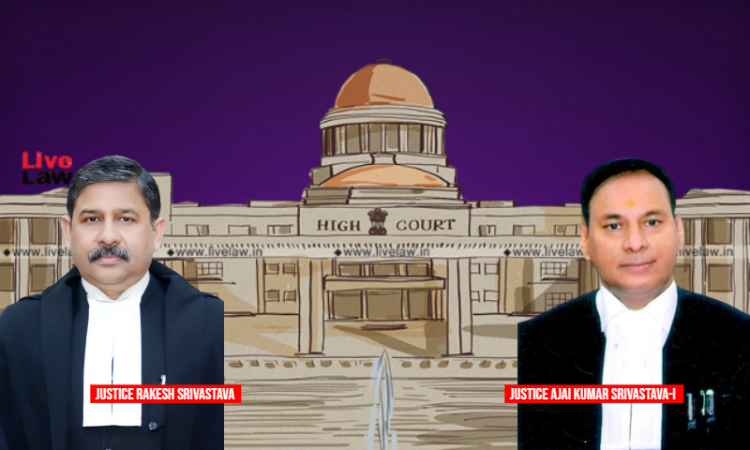Court Not Supposed To Force Parties To Engage In Mediation Where Marriage Has Irretrievably Broken Down: Allahabad High Court
Sparsh Upadhyay
29 May 2022 2:09 PM IST

Next Story
29 May 2022 2:09 PM IST
The Allahabad High Court (Lucknow Bench) has observed that the Court is not supposed to act in a mechanical manner, and force the parties to engage in mediation where the marriage has irretrievably broken down.The Bench of Justice Rakesh Srivastava and Justice Ajai Kumar Srivastava-I further stressed that reference of the parties to mediation is not compulsorily required where the facts...
